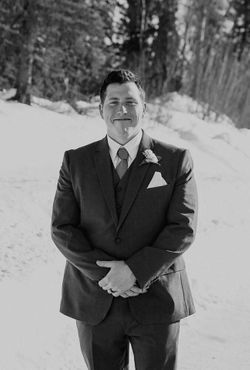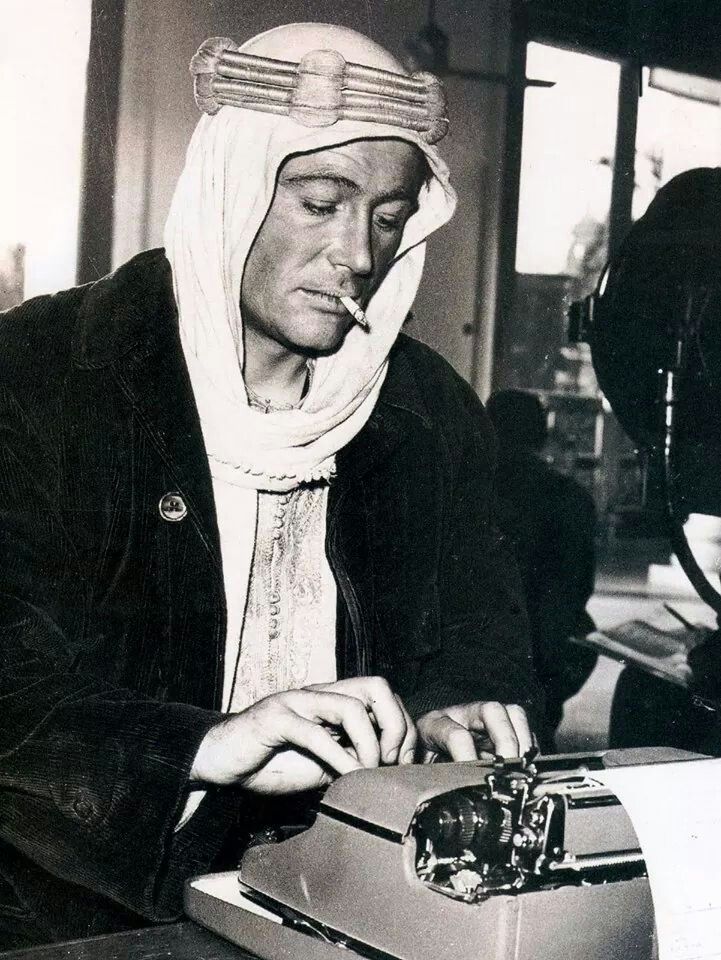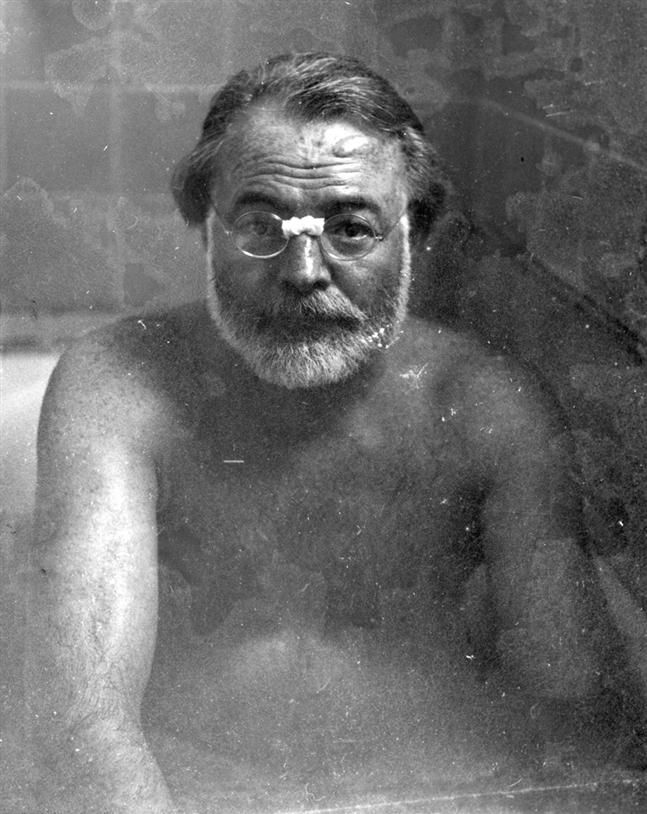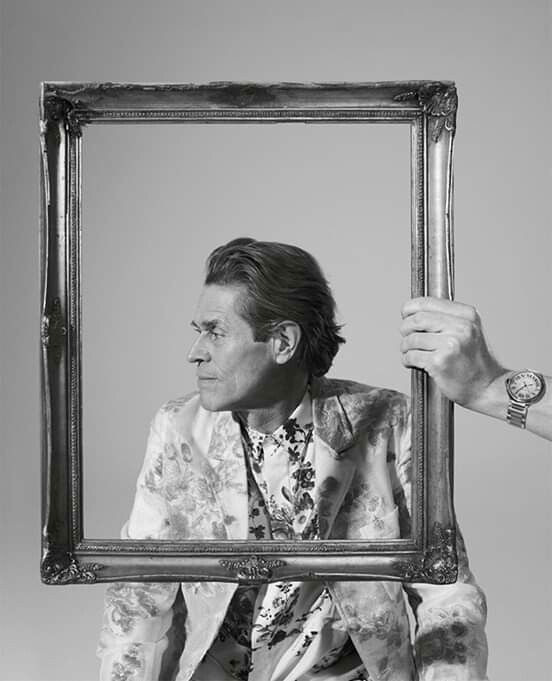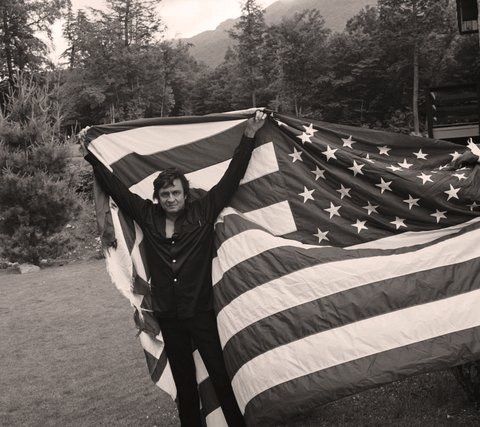They called him Richard Russell, but that was just the name on his timecard. He was a ground service agent, which is a nice way of saying he was one of the invisible men who load your bags and push your plane back from the gate while you’re sitting inside, sipping a complimentary beverage and thinking about your next business meeting. He was a cog in the machine, another ghost in the fluorescent-lit hell of a modern airport.
And then, one day, he decided to stop being a ghost.
He didn’t write a manifesto. He didn’t go on a shooting spree. He didn’t just quit his job and go home to drink himself to death. No. He did something beautiful. He walked out onto that tarmac, climbed into an empty seventy-six-seat passenger plane, and he stole the goddamn sky.
For about an hour and a half, he was the freest man on the planet. He was up there, talking to the air traffic controllers, these calm, bureaucratic voices trying to talk him down from his own salvation.
And the things he said… my God. They weren’t the words of a madman. They were the clearest, most honest words a man can speak when he’s finally got nothing left to lose.
“I’ve got a lot of people that care about me,” he told them, his voice calm, almost apologetic. “And it’s going to disappoint them to hear that I did this. I would like to apologize to each and every one of them. I’m just a broken guy, got a few screws loose, I guess. Never really knew it until now.”
He wasn’t broken. He was finally whole. He was a man who had spent his whole life on the ground, looking up, and now he was finally where he belonged.
They kept asking him to land. But he knew better. “I wasn’t really planning on landing it,” he said. Landing it meant going back to the cage. Back to the time clock, the bills, the quiet desperation.
Some pilot gets on the radio, tells him he’s a hell of a flier. “Yeah,” he says, with a perfect, beautiful, dark humor, “I’ve played video games before, so you know I know what I’m doing a little bit.” Then the punchline: “You think if I land this successfully, Alaska will give me a job as a pilot?”
He knew the score. He knew what was waiting for him if he came down. “This is probably like jail time for life, huh?” he asked. “I mean, I would hope it is for a guy like me.”
He wasn’t a criminal. He was a poet. And he knew he had one last stanza to write.
“I just wanna do a couple maneuvers,” he told them, “see what it can do before I put her down, ya know?”
And then he did it.
He did a goddamn barrel roll. In a passenger plane. A seventy-six-seat Bombardier Q400. He took that flying bus, that symbol of our boring, predictable, safe little world, and he made it dance. He turned it into a paintbrush and painted a single, glorious, beautiful “fuck you” across the sky for the whole world to see.
That barrel roll, that was his masterpiece. That was his one true poem.
He finally put her down on a sparsely populated island in the Puget Sound. He didn’t hurt anyone. He didn’t have a political agenda. He just wanted to fly.
The FBI called it a suicide. The news called it a tragedy. They talked about mental health, about a “broken guy.”
They missed the whole damn point.
That wasn’t a suicide. That was a man finally deciding to live, if only for an hour and a half. It wasn’t a tragedy. It was a goddamn work of art.
He was a man who spent his life on the ground, and he died in the sky.
You can’t ask for a better ending than that.

